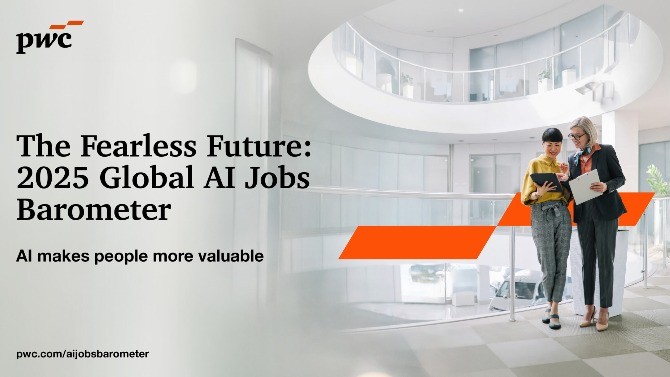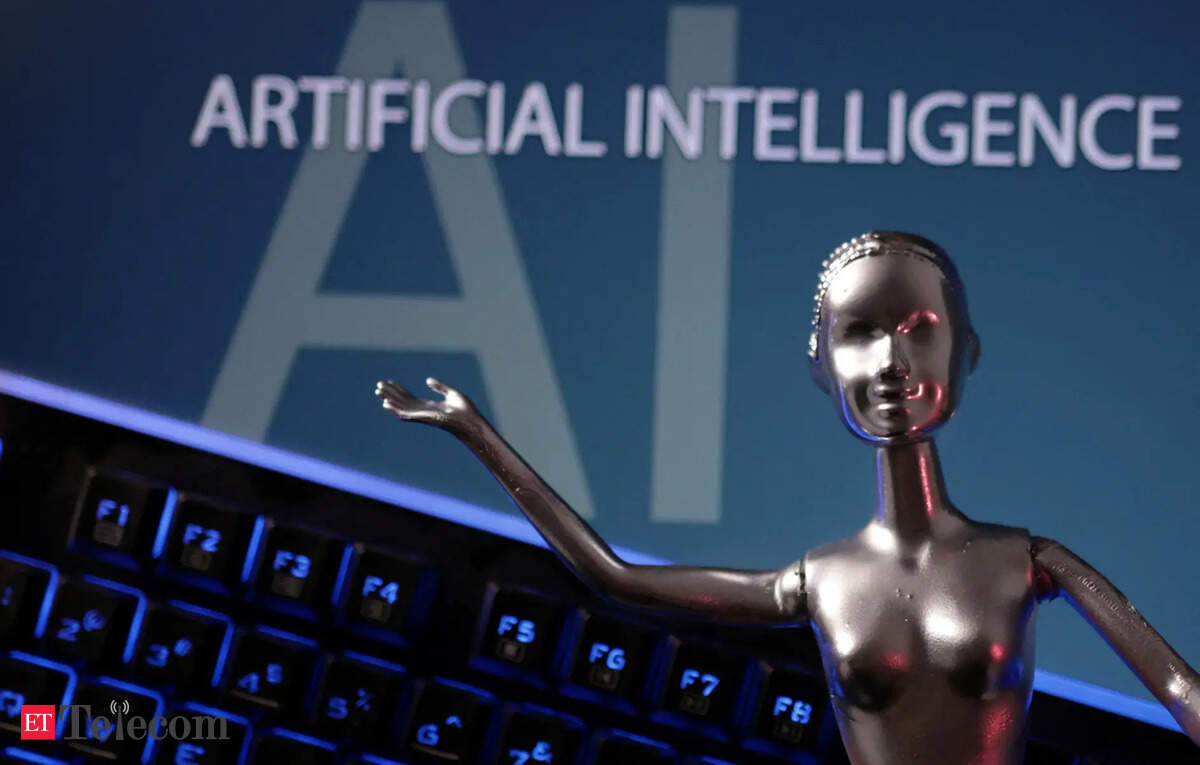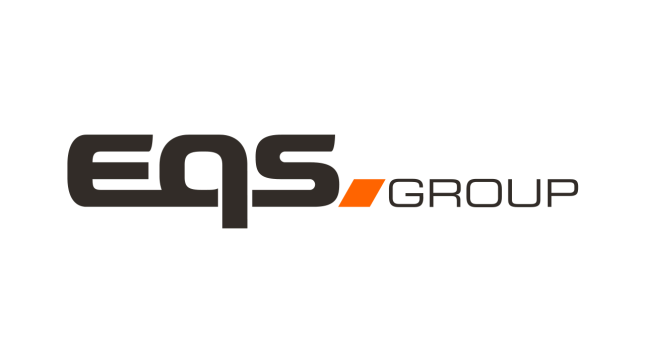Duolingo to Replace Contract Workers with AI
Duolingo, the ed-tech platform known for language, math, and music education, is pivoting to become an "AI-first" company. CEO Luis von Ahn announced this shift in a publicly shared email, outlining plans to gradually replace contract workers with AI, prioritize AI skills in hiring, and incorporate AI usage into employee performance reviews.
This transition mirrors Duolingo's earlier move to become mobile-first in 2012, recognizing the rise of mobile technology. Von Ahn refers to these strategic shifts as "constructive constraints." The AI-first approach aims to address the company's need to rapidly scale content creation, arguing that manual processes are too slow to meet the demands of a growing user base. The company believes it owes its learners the content as soon as possible.
The core changes involve reducing reliance on contractors for tasks AI can handle and integrating AI expertise into the workforce. Departments will need to demonstrate that AI cannot manage additional workload before hiring new team members. Duolingo also intends to introduce AI-specific incentives across different functions to facilitate this transition. Von Ahn emphasizes that this requires a fundamental organizational restructuring rather than minor adjustments to existing workflows.
A primary objective of the AI-first strategy is to exponentially scale content creation for language and other courses. Von Ahn stated that it would take decades to scale the content without AI. The company plans to use AI teaching models to understand Duolingo's codebase, ensuring AI-generated content aligns with the platform's learning structure and quality.
Despite acknowledging that AI is not perfect, von Ahn urges the company to move quickly, accepting occasional quality hits rather than delaying implementation. While some contractors will be laid off, Duolingo plans to provide AI-focused training, mentorship, and tool access to existing employees, aiming to free them from repetitive tasks so they can focus on creative problem-solving.
Industry analysts predict significant job displacement due to AI. A 2023 Goldman Sachs report suggested AI could replace the equivalent of 300 million full-time jobs, while a McKinsey report estimated that 14% of the global workforce (roughly 375 million workers) might need to change careers due to AI.












